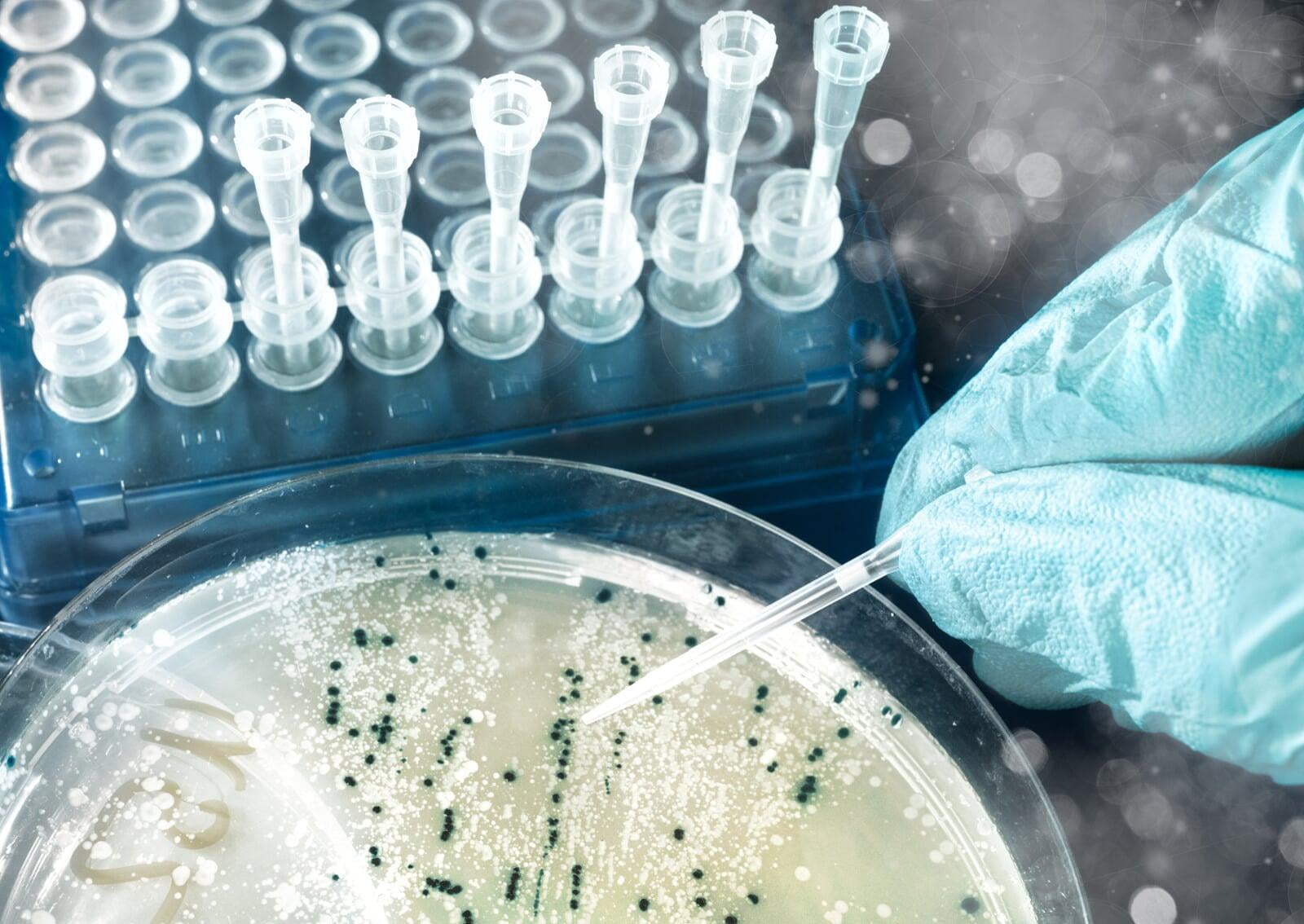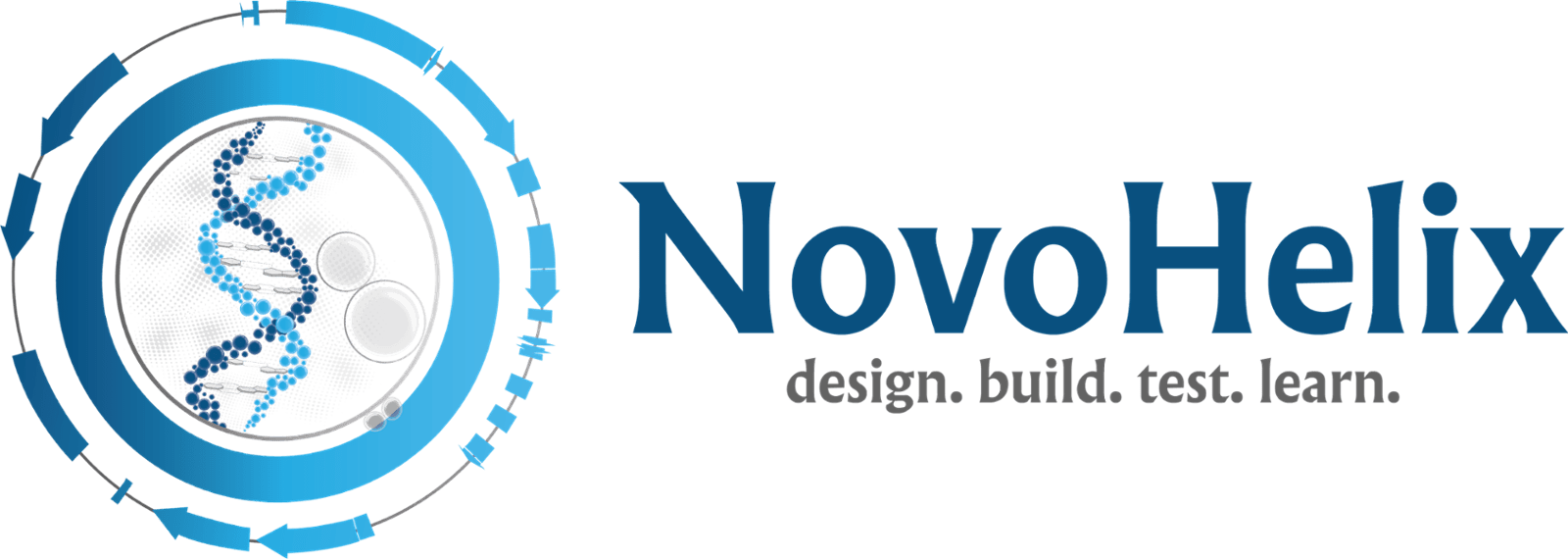
genotyping & screening
Service
Catalog Nr
Service Description
Price
Short-tandem repeat profiling of human cell lines is an easy-to-use way to authenticate/ confirm the identity of your cells. STR profiling aids in the detection of misidentified, cross-contaminated, or genetically drifted cells, which invalidate research results. Our STR analysis meets all requirements for funding, publication, and quality control.
Mycoplasma species detected:
M. pneumoniae, M. mycoides, M. capricolum, M. hyorhinis, M. hyopneumoniae, M.canis, M. genitalium, M. ovipneumoniae, M. flocculare, M. yeatsii, M.putrefaciens, M. synoviae, M. hominis, M. pirum, M. arginine, M. bovoculi, M. crocodyli, M.penetrans, M. arthritidis, M. salivarium, M. cynos, M. conjunctivae, M. dispar, M. canadense
Service request includes chromosome counting of a minimum of 20 metaphase spreads, a summary of findings, and 2 karyotype images representative of the cell line. We will report abnormal events observed including trisomies, monosomies, deletions, insertions, translocations, duplications, endoreduplications, and other aberrations.
Robust, transferable genotyping assays are needed to screen many of the animal and cellular models during our production and validation cycles. NovoHelix provides expert assay design and consultation to the client to ensure genotyping success. Assay design costs are based on the number of alleles screened. In some cases, a synthetic positive control needs to be built for assay validation and these 'building' costs will be passed on to the client.
Strah R, Kunej T. Molecular sexing assays in 114 mammalian species: In silico sequence reanalysis and a unified graphical visualization of diagnostic tests. Ecol Evol. 2019 Apr 8;9(8):5018-5028. doi: 10.1002/ece3.5093. eCollection 2019 Apr. Review. PubMed PMID: 31031962; PubMed Central PMCID: PMC6476764.
Green MR, Sambrook J. One-Tube Isolation of DNA from Mouse Tails. Cold Spring Harb Protoc. 2018 Feb 1;2018(2). doi: 10.1101/pdb.prot093534. PubMed PMID: 29438056.

